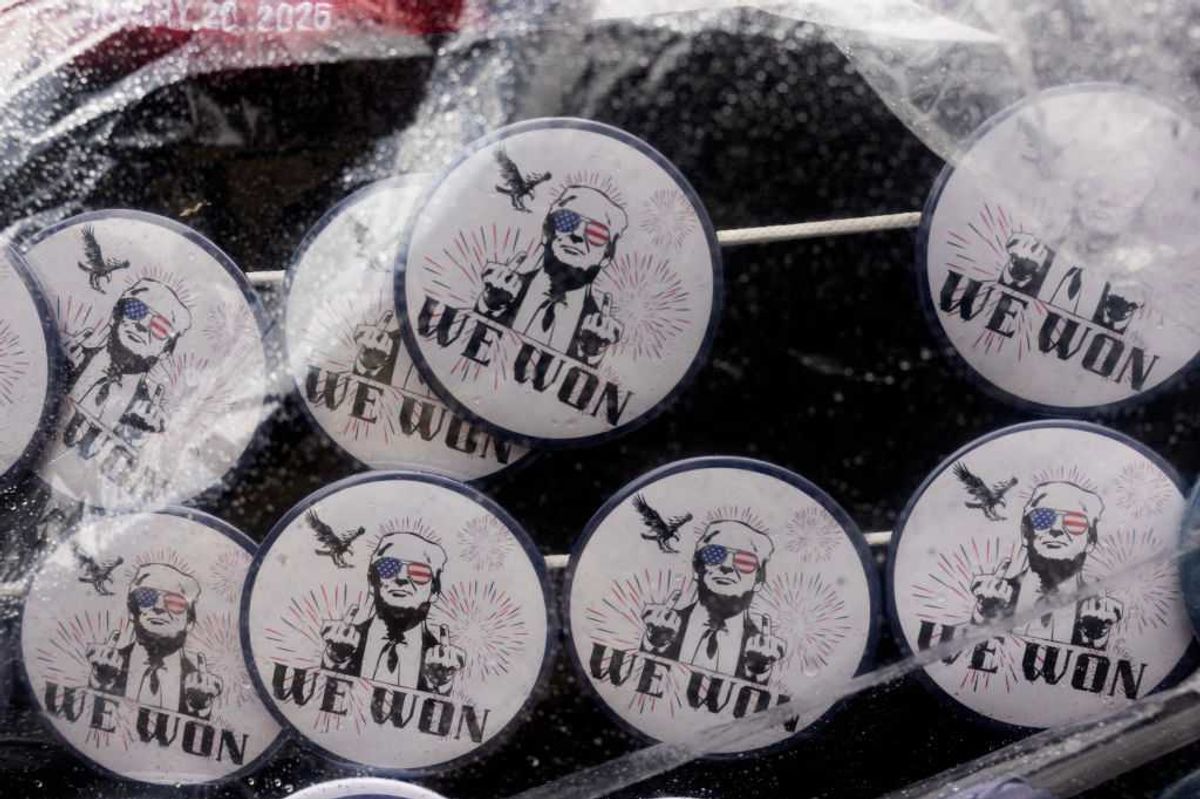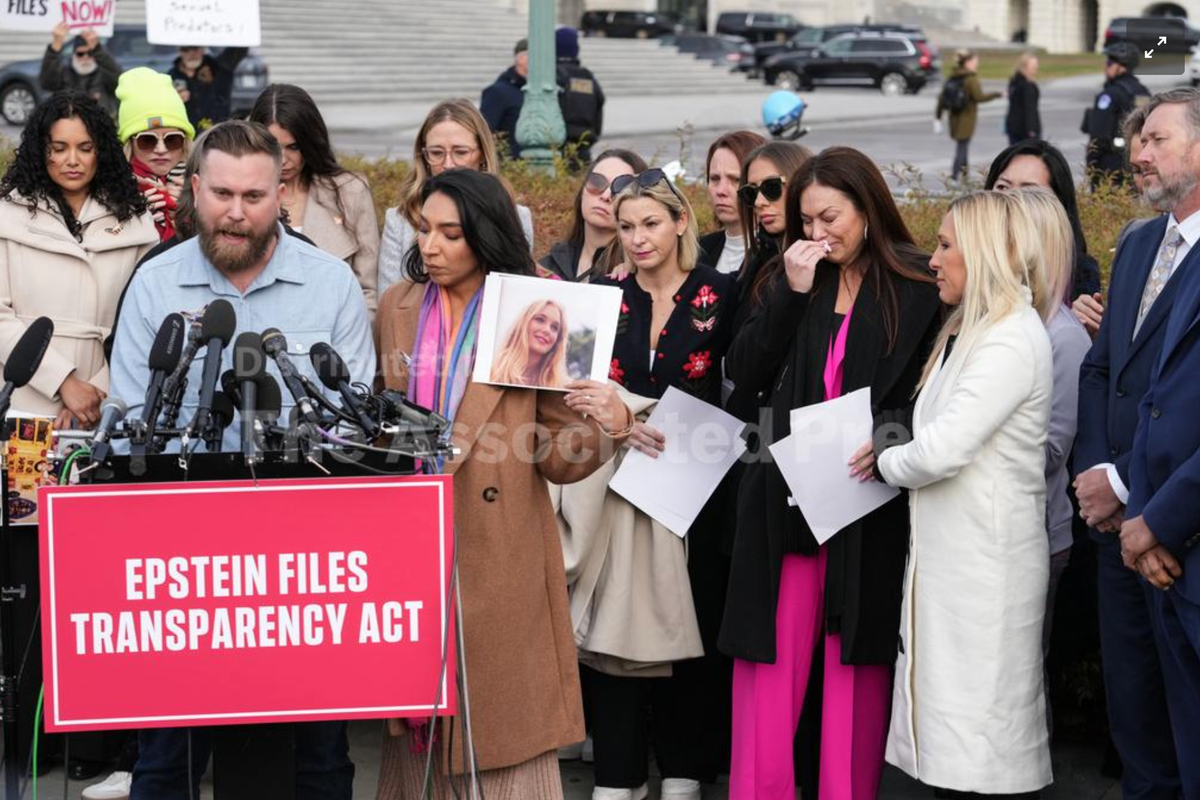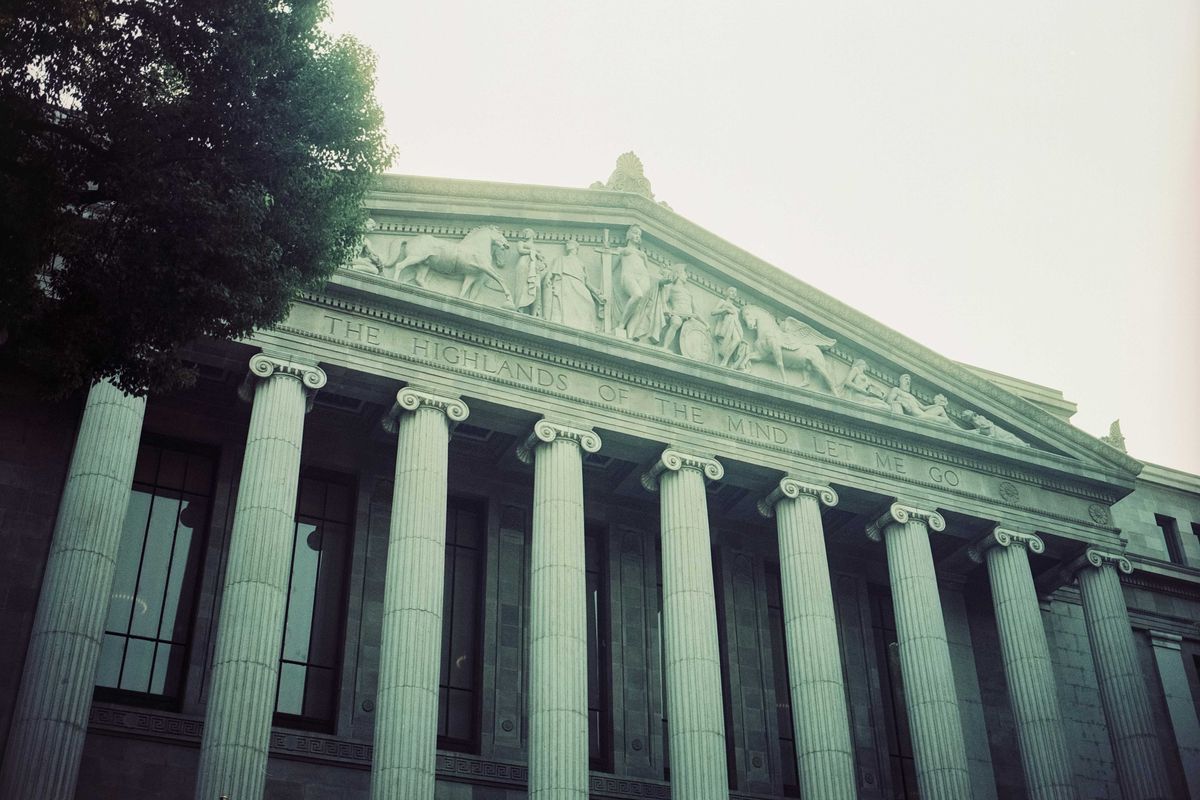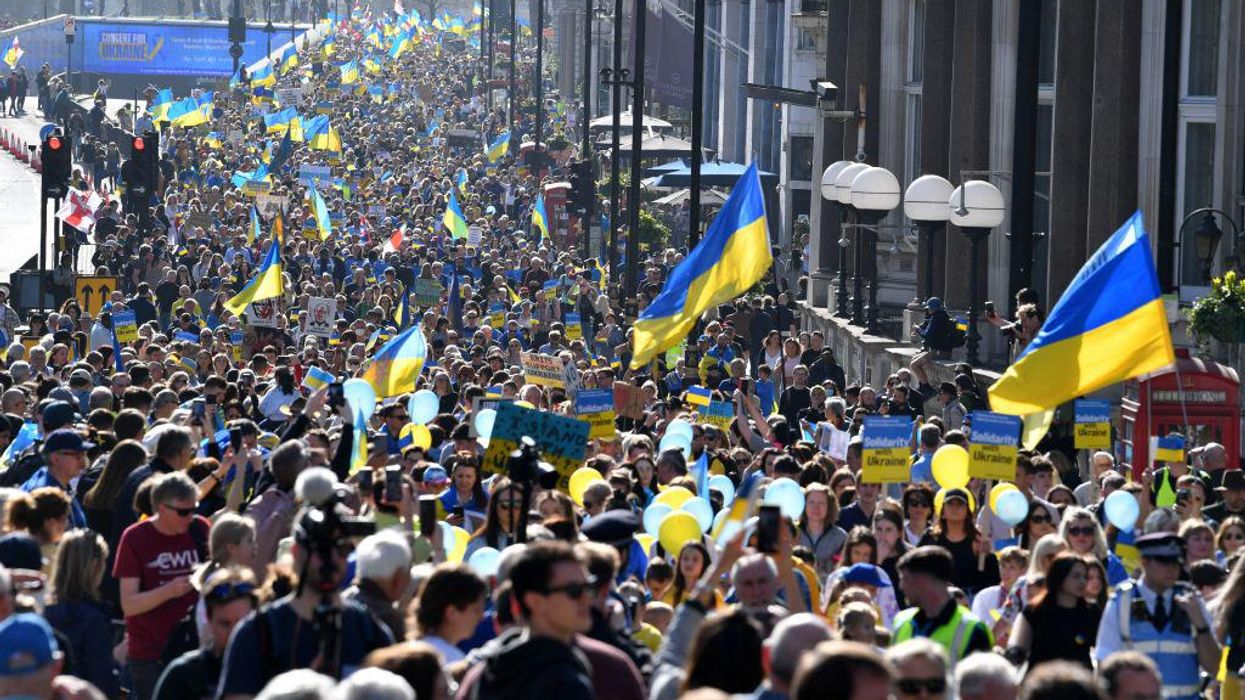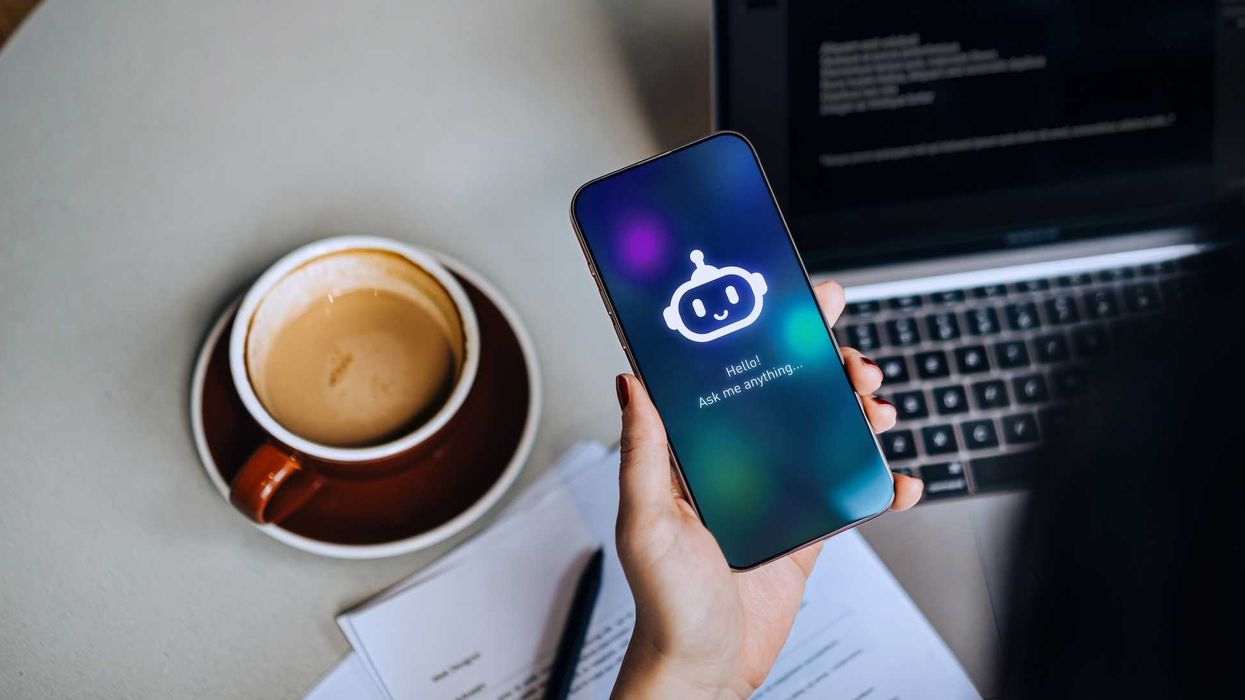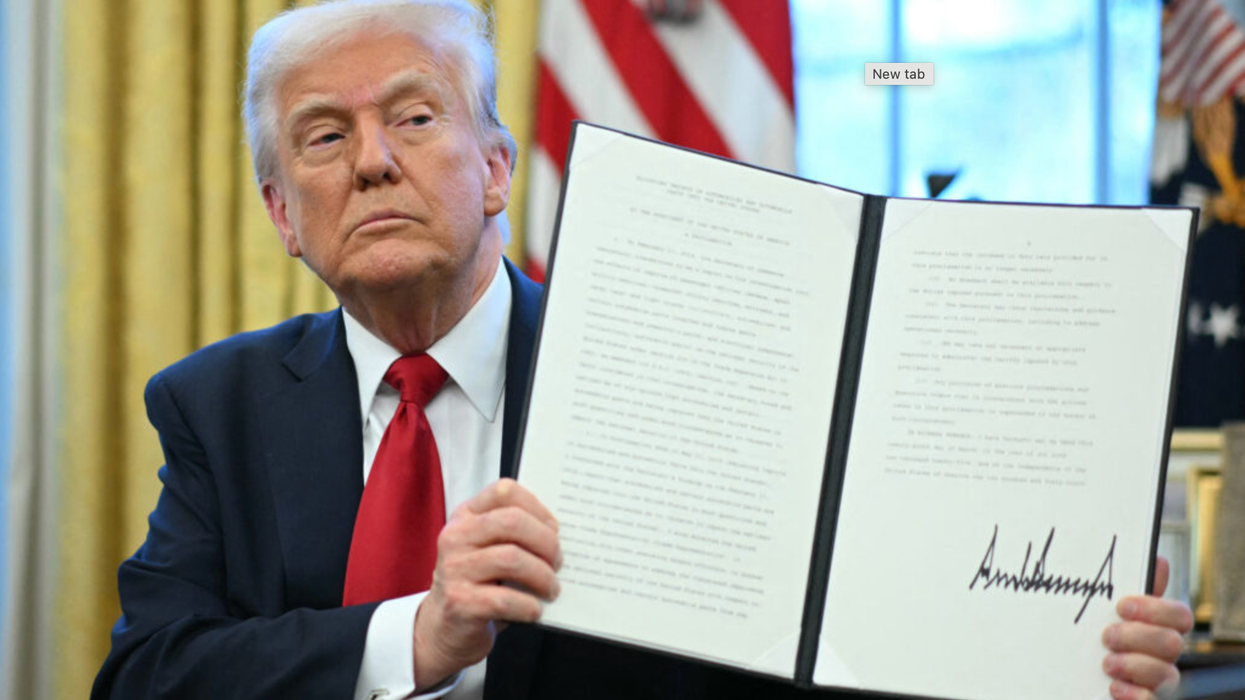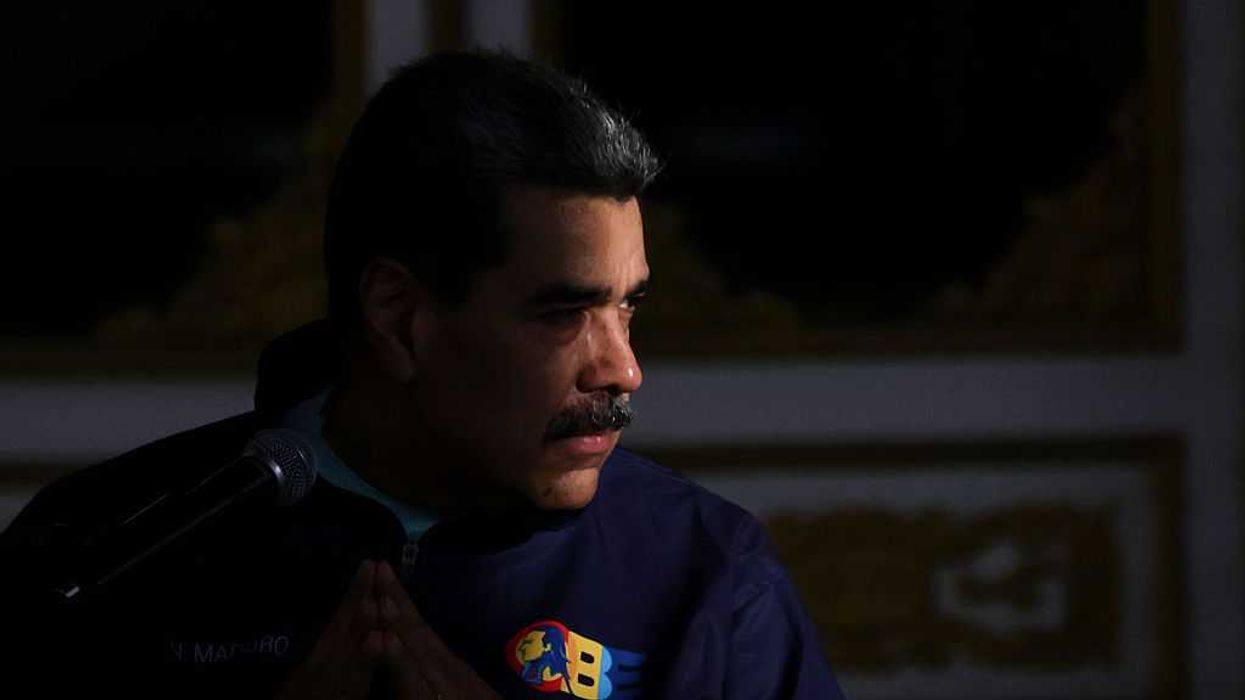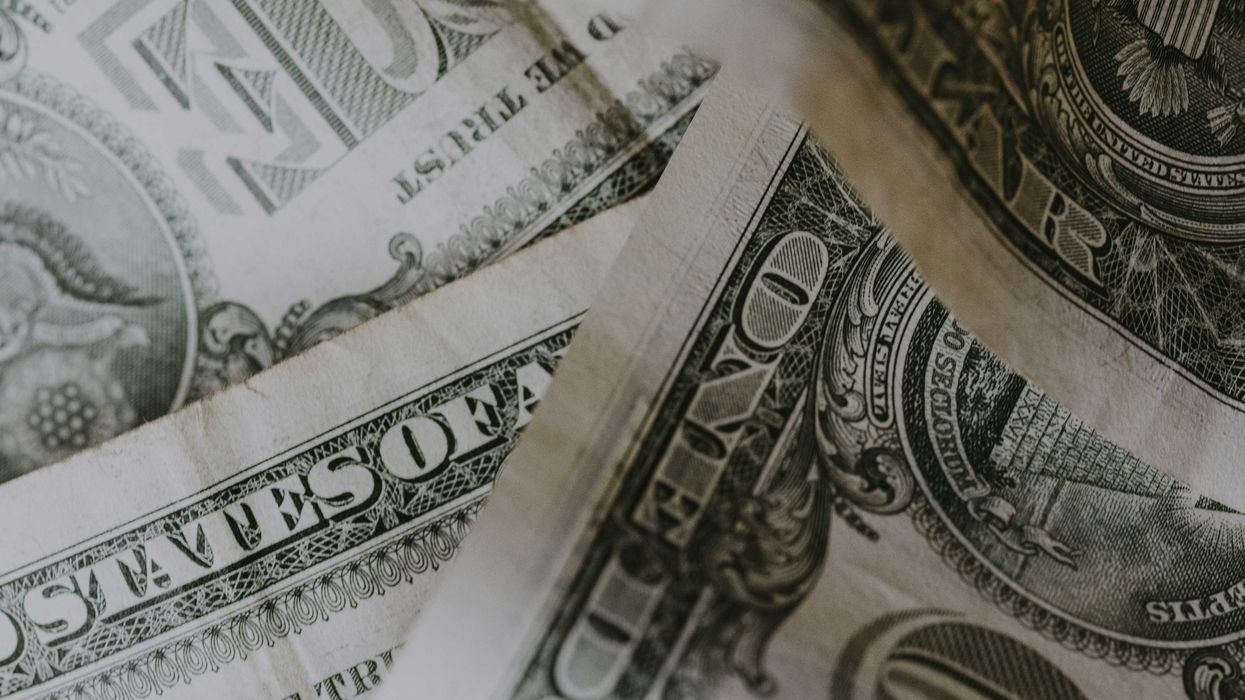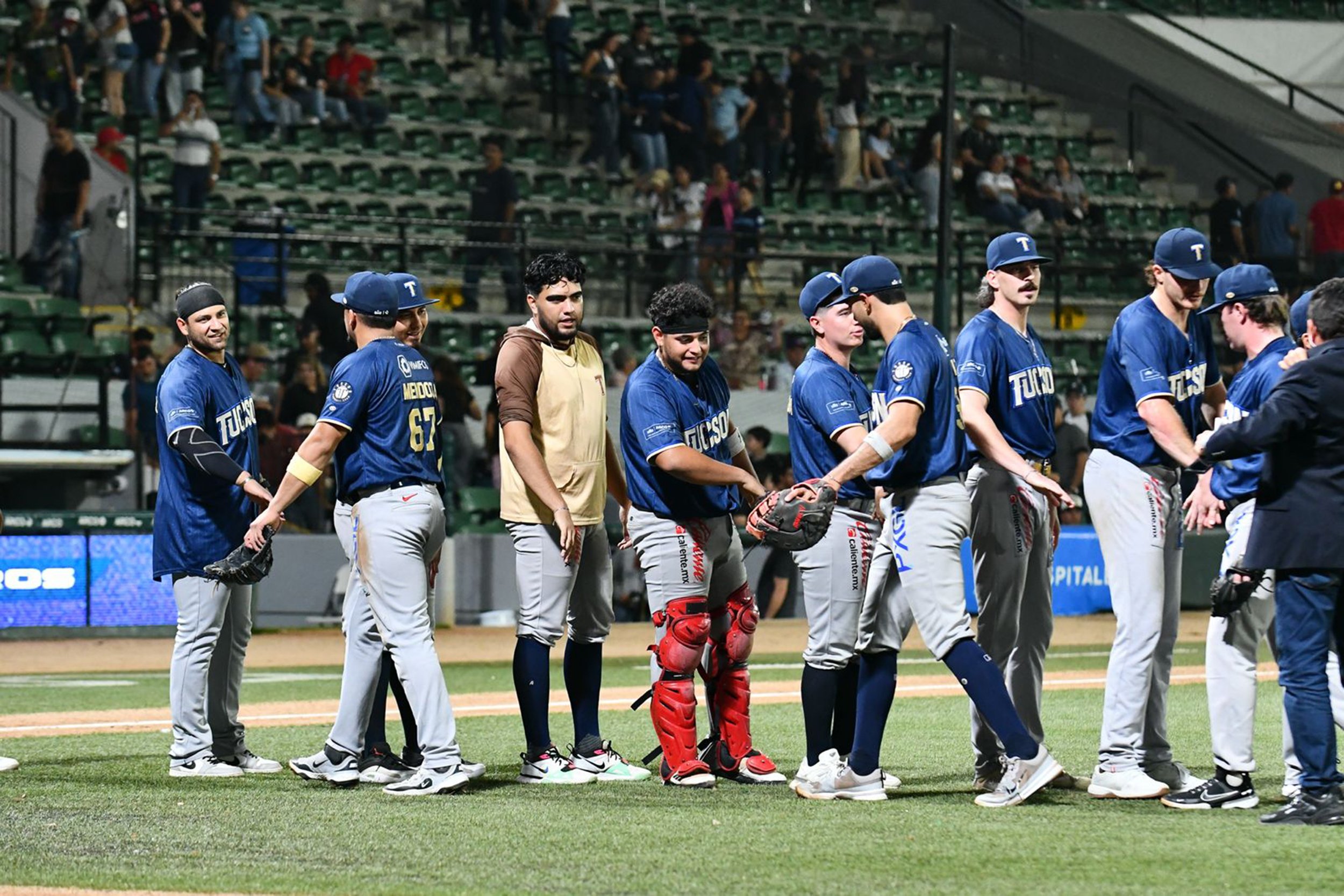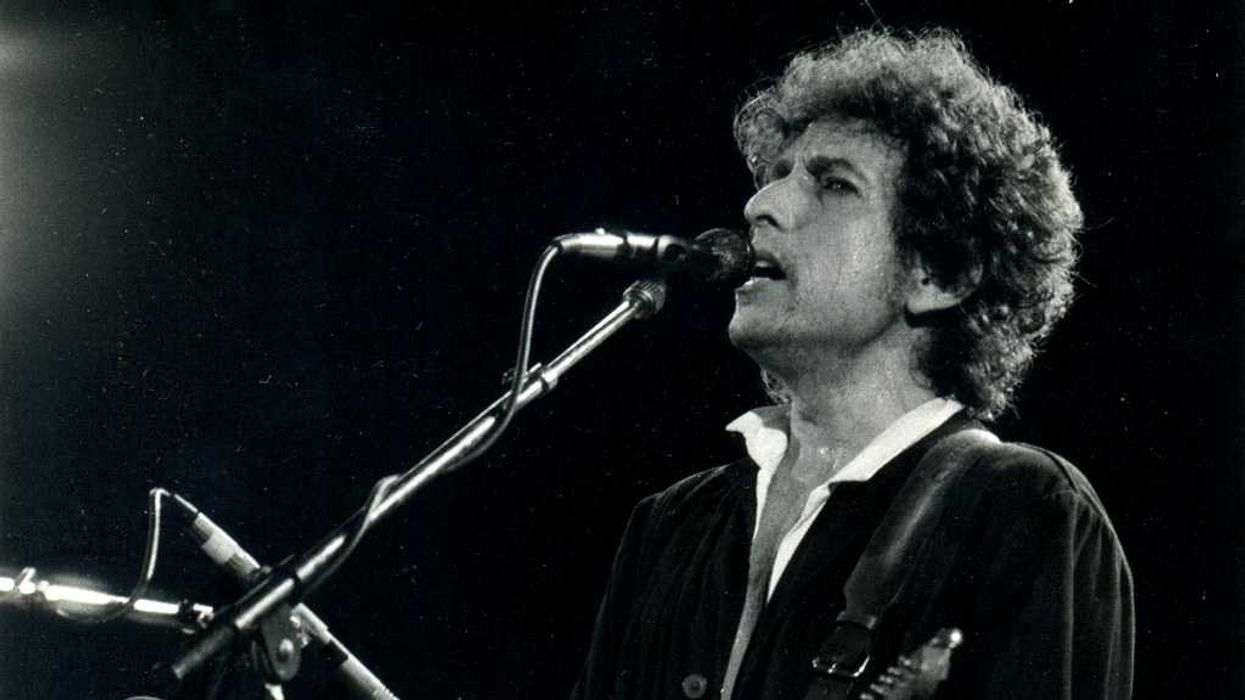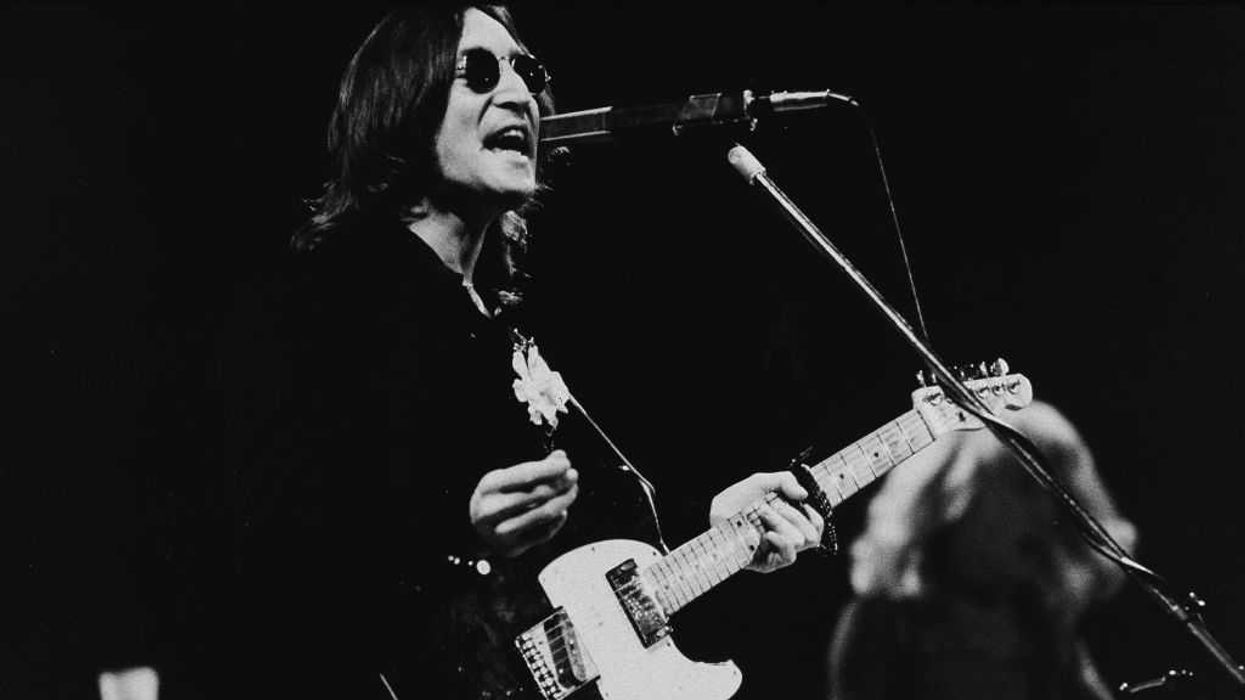Oscar Wilde opined in his 1889 essay “The Decay of Lying: An Observation” that "Life imitates Art far more than Art imitates Life."
Simply stated, this quote from “The Decay of Lying” (republished in 1891) is about how art affects the way we look at the world around us. Today artists from around the world are using art to express the pain and anguish we all feel about the events occurring in Ukraine.
More and more artists are raising their voice to the horrors of what is happening to the Ukrainian people, such as the singing of “Do You Hear The People Sing” from the Broadway show “Les Misérables” on April 2. The Broadway community came together to stand with the Ukrainian people:
"Do You Hear the People Sing" - Broadway Sings for Ukraine (Les Misérables)
“Les Misérables” is about courage, love, heartbreak, passion and the resilience of the human spirit — themes that resonate with us all as we watch the Ukrainian people stand up against Russia in this senseless human tragedy.
The hit musical first opened in March 1985 before closing in 2003 after 6,600 performances. “Do You Hear the People Sing” is a song of the people who will not be slaves again, about a life about to renew itself when tomorrow comes.
It is difficult to know when that time will come for the Ukrainian people but with the help of free people it can and must happen.
Today despite all the horrors I hear the people sing. Do you?
Do you hear the people sing?
Singing the song of angry men?
It is the music of the people
Who will not be slaves again!
When the beating of your heart
Echoes the beating of the drums
There is a life about to start
When tomorrow comes!
Will you join in our crusade?
Who will be strong and stand with me?
Beyond the barricade
Is there a world you long to see?

